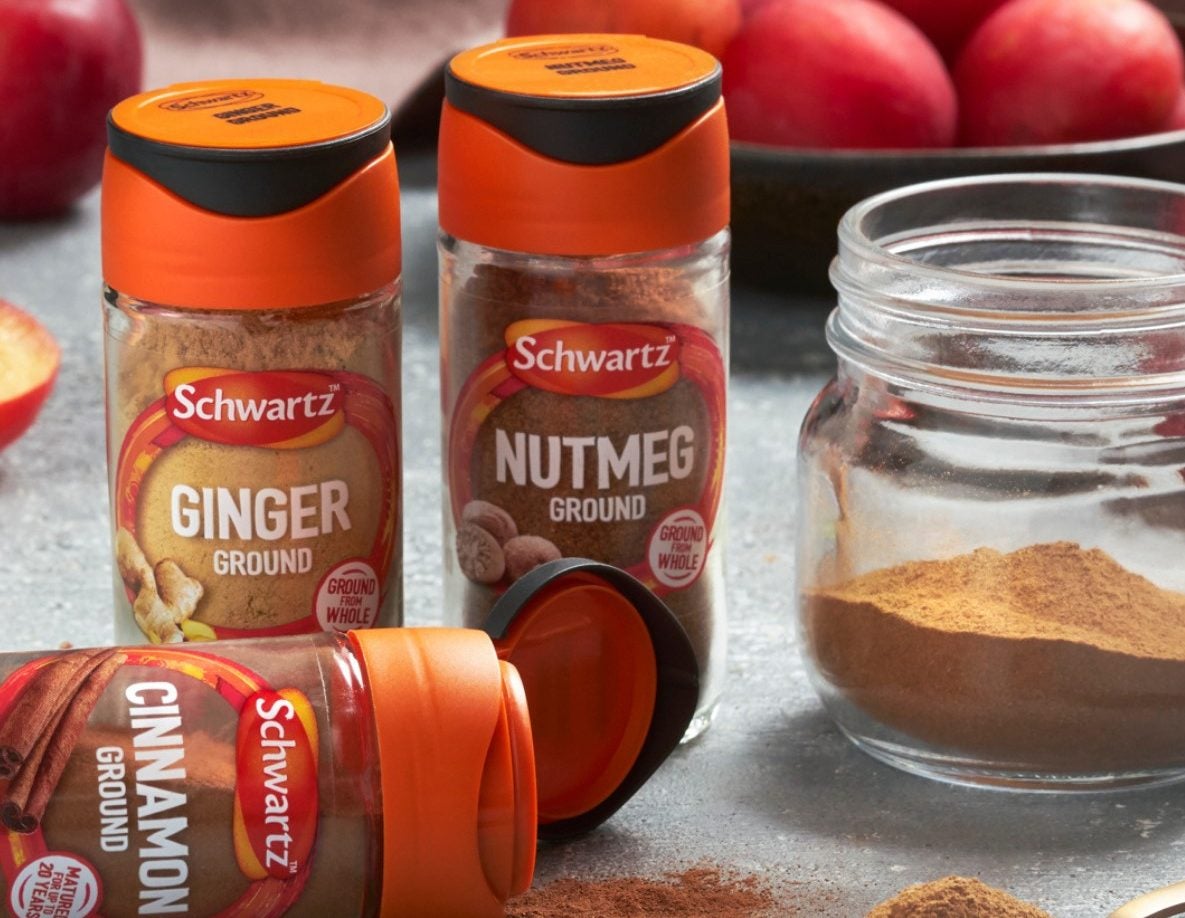
McCormick & Co. is counting the cost of price increases as the US spices and seasonings maker cut its sales outlook on the prospect of higher elasticity.
The Schwartz brand owner had stated in January that the business was modelling for an increase in elasticity. It materialised in the third quarter amid what chairman and CEO Lawrence Kurzius has described as “broad-based pressure on the consumer” linked to inflationary headwinds.

Discover B2B Marketing That Performs
Combine business intelligence and editorial excellence to reach engaged professionals across 36 leading media platforms.
US gasoline prices rising above US$5 a gallon in June were a “trigger point”, Kurzius told a gathering at the Barclays Consumer Staples Conference on Thursday (8 September), the day after the herbs and sauces manufacturer reported preliminary third-quarter results to 31 August.
McCormick lowered its sales expectations to a range of “comparable” with the previous 12 months to up 2%, and an increase in constant-currency terms of 3-5%. The previous guidance was for 3-5% and 5-7%, respectively.
“The third quarter was characterised by broad-based pressure on the consumer and the consumer reacted with great speed to that pressure,” Kurzius informed conference attendees.
He added: “We’ve put through a number of price increases, we’ve achieved the pricing [but] price elasticity is now higher than it was at the beginning of the year. And part of the change in our outlook is from a higher expectation for elasticity going forward. But, with that said, price elasticity is still less than it would have historically been predicted by our models.”

US Tariffs are shifting - will you react or anticipate?
Don’t let policy changes catch you off guard. Stay proactive with real-time data and expert analysis.
By GlobalDataPandemic-related, eat-at-home demand through the 2020 and 2021 fiscal years has also come off at a quicker pace than predicted, the CEO said, although the trend continues to a degree as inflation bites into budgets.
“We expected some moderation in demand as we went through this year and it just has come both faster and earlier than we expected,” Kurzius said.
McCormick president and COO Brendan Foley said demand is still higher than pre-pandemic levels but with “a lot more macro factors” thrown in, adding the “biggest pain points” on people’s household budgets are coming from gas and groceries.
“We just did another pulse check last month and, in the last 90 days, you definitely see a change in consumer behaviour. Fundamentally, we’re seeing consumer behaviour change, really pretty significantly since the first half of ’22.”
Foley explained some of his and McCormick’s observations: “We definitely see people looking for strategies to stretch their food dollars. First, they’re using more out of their pantry in terms of what they already have. We’ve seen that play out certainly in the last several months and greater use of leftovers. We see that playing out quite to a big degree.”
In terms of how long inflation headwinds might last, he added: “We definitely believe that there continues to be a lot of pressure on the consumer, especially lower- and middle-income households. Definitely, it’ll continue in the near term, probably a little bit longer than that.”
Elasticity has “ticked up” differently across categories, Foley said, with McCormick now being more selective in its pricing to preserve sales.
“We’ve got more surgical in terms of where we’re applying pricing. We’re applying pricing where we have less elasticity and we didn’t pass along incremental pricing where we feel like it’s more sensitive,” he explained.
In conjunction with the pressure on the consumer, McCormick also lowered its sales outlook following the disposal of the Kitchen Basics brand of stocks and broths to Del Monte Foods in August, as well as because of continuing supply chain constraints
McCormick anticipates operating income will be down 8-10% from the $1.02bn in 2021, while earnings per share are expected at $2.64 to $2.69, compared to $2.80.
Final third-quarter results will be presented on 6 October. Preliminary expectations point to 3% sales growth and 6% in constant currency. Operating income is envisaged at around $223m, down from $265m a year earlier. Adjusted, that metric is projected to fall to $226m from $272m, while EPS is seen “comparable” at 79 cents.
Foley said McCormick is seeing some erosion from private label, mostly in herbs, spices and seasonings but that area of the store has some catch-up to play on pricing.
He explained: “What’s underneath that is most of the private-label prices by a number of retailers haven’t really moved. At some point those will make their way through to the shelf, is our point of view, because it’s certainly harming category profitability for the retailer.”





